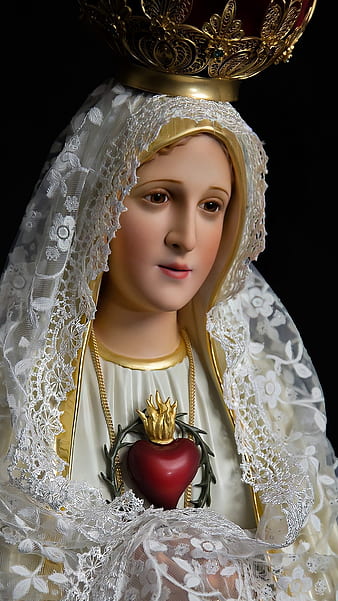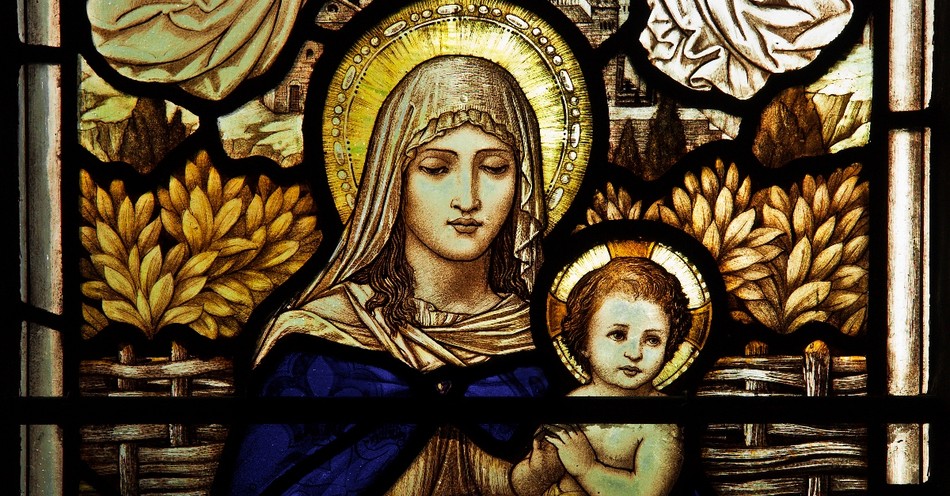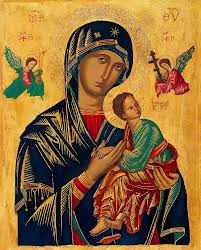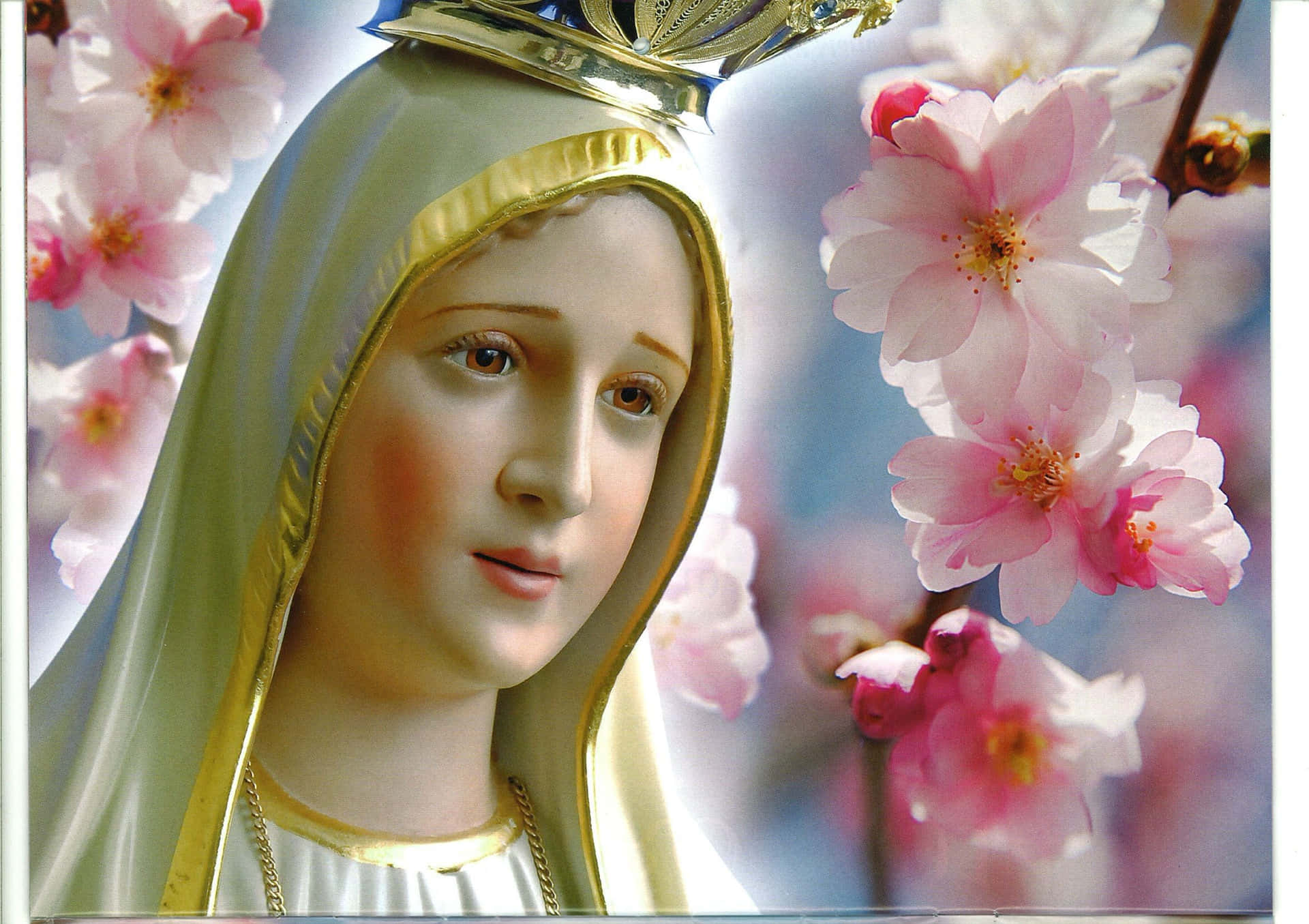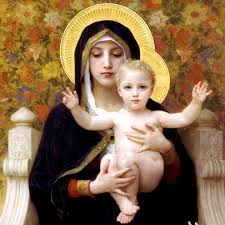The Magnificence of Mary's Perseverance and Faith
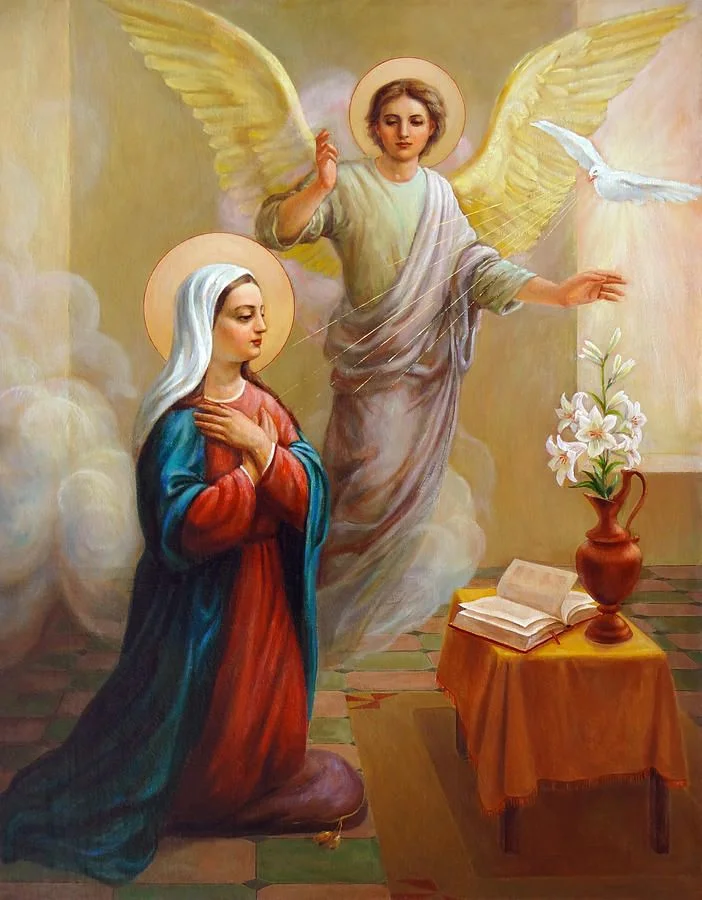
Updated at: 2023-08-05 13:19:59 (2 years ago by Melkisedeck Leon Shine)
The Magnificence of Mary's Perseverance and Faith 🌟
-
Mary, the Mother of God, exemplifies the true meaning of perseverance and unwavering faith. 🌹 Despite facing numerous challenges and trials throughout her life, she remained steadfast in her devotion to God and her trust in His plan.
-
One of the greatest examples of Mary's faith and perseverance can be seen in her acceptance of the divine message from the angel Gabriel, who announced that she would conceive a child who would be the Son of God. Despite the confusion and fear that this news may have brought, Mary humbly accepted her role as the Mother of Jesus. 🙏
-
Throughout her life, Mary faced various hardships, including witnessing the crucifixion of her beloved son. Despite the immense pain and sorrow she must have felt, Mary's faith never wavered. She stood at the foot of the cross, offering her support and love until the very end. 💔
-
In the Gospel of Luke, when Mary visited her cousin Elizabeth, she proclaimed a beautiful song of praise, known as the Magnificat. In this song, Mary expresses her deep faith, proclaiming, "My soul magnifies the Lord, and my spirit rejoices in God my Savior" (Luke 1:46-47). Her words are a testament to her unwavering trust in God's plan and His faithfulness. 🎶
-
Mary's perseverance and faith are also evident in her journey to Bethlehem while heavily pregnant with Jesus. Despite the difficult conditions and the lack of a proper place to give birth, Mary remained steadfast in her trust that God would provide. This shows her complete surrender to His will and her unwavering faith in His guidance. 🌟
-
The Catholic Church, in the Catechism, teaches that Mary is the "most excellent exemplar" of faith and perseverance (CCC 967). Her life serves as a model for all Christians, encouraging us to trust in God's plan, even in the face of adversity. 🙌
-
We can also turn to the lives of the saints who held Mary in high regard. Saint Maximilian Kolbe, a well-known Catholic saint, once said, "Never be afraid of loving the Blessed Virgin too much. You can never love her more than Jesus did." This quote beautifully captures the devotion and love that Christians have for Mary. 💖
-
The Bible provides further evidence of Mary's unique role as the Mother of God. In the Gospel of John, while hanging on the cross, Jesus entrusted Mary to the care of His beloved disciple, saying, "Woman, behold your son" (John 19:26). This moment signifies Mary's universal motherhood and her spiritual role in the life of every Christian. 🌍
-
Mary's faith and perseverance were not limited to her earthly life but extended to her Assumption into heaven. Pope Pius XII stated in his Apostolic Constitution, "Mary, the Immaculate Perpetual Virgin Mother of God, after the completion of her earthly life, was assumed body and soul into the glory of heaven." This belief in the Assumption of Mary further emphasizes her unique and magnificent role in salvation history. ✨
-
In the Catholic tradition, Mary is venerated as the Mother of God and the Queen of Heaven. This devotion is not worship but rather an acknowledgment of her special place in God's plan for humanity. As Catholics, we honor Mary for her faith, perseverance, and her willingness to say "yes" to God's call. 🌹
-
Mary's faith and perseverance continue to inspire countless Christians around the world. Her example teaches us to trust in God's plan, even when we face challenges and difficulties in our own lives. Mary invites us to surrender ourselves to God's will and rely on His strength to overcome any obstacles we may encounter. 🌈
-
As we reflect on the magnificence of Mary's perseverance and faith, we can ask ourselves, "How can we emulate her in our own lives? How can we deepen our trust in God and remain steadfast in our faith, just as Mary did?" These questions challenge us to examine our own spiritual journey and seek ways to grow closer to God. 🌻
-
Let us take a moment to ponder the words of the Apostle Paul, who wrote in his letter to the Hebrews, "Let us run with perseverance the race marked out for us, fixing our eyes on Jesus, the pioneer, and perfecter of faith" (Hebrews 12:1-2). By imitating Mary's perseverance and faith, we can run this race of life with confidence and hope. 🏃♀️🏃♂️
-
So, dear friends, let us turn to Mary, our Mother in heaven, and seek her intercession and guidance. Let us ask for her help in growing in faith, perseverance, and trust in God's plan for our lives. May she lead us closer to her Son, Jesus Christ, who is the source of all strength and grace. 🌟💖
-
Now, I would love to hear your thoughts. How has Mary's faith and perseverance inspired you? Do you have any personal experiences or reflections that you would like to share? Please feel free to leave a comment below and let us continue this inspiring conversation. 🌹🙏


